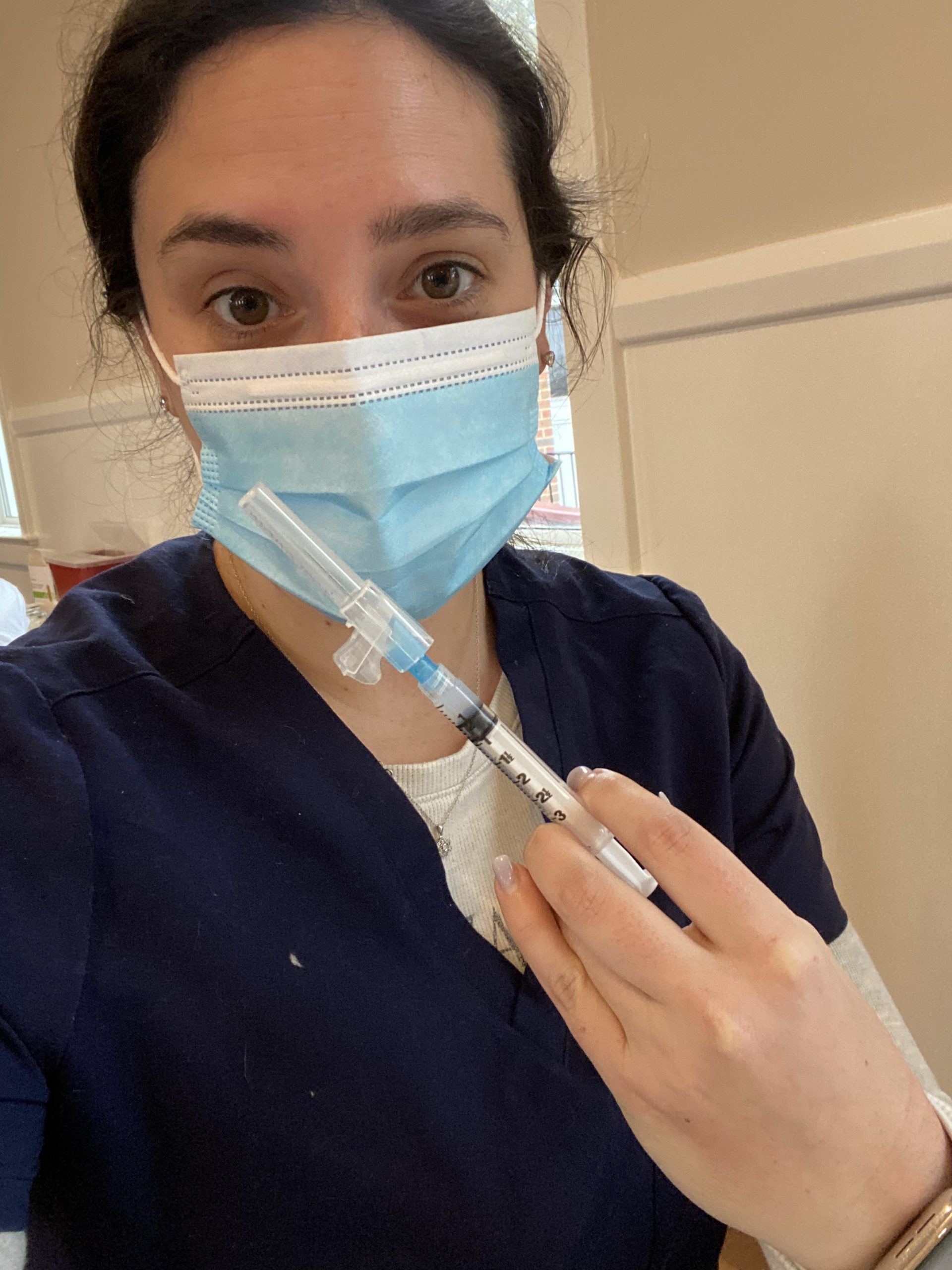The capstone Global Health experience at MSIH is the final year eight-week clerkship in one of the school’s partner institutions in a Low Income Country. In past years, students have had clinical experiences in hospitals and clinics in Sri Lanka, India, Peru, Nepal, Ethiopia, Vietnam, Ghana, among others.
Then comes the pandemic
But what do you do when Covid-19 brings the world to a standstill? How does MSIH give its students the Global Health clerkship they’ve anticipated since day one of their studies?
In early 2020, MSIH third year students were mostly doing clinical clerkships at Ben-Gurion University’s teaching hospitals in Beersheba and Ashkelon. Theoretically, one year later, they were supposed to be experiencing Global Health electives in a very different environment. In between – at the start of 4th year – they’d do half a year of clerkships in North American hospitals
“To plan a medical school curriculum – especially one like MSIH – schedules need to be organized at least a year in advance,” explains Prof. Noah Liel, coordinator of the Global Health clerkships. Although the students were just beginning their third year, we at MSIH had to plan their 4th-year clerkships – and we had no idea what things would be like one year down the road.”
Small and nimble
One of the biggest advantages of a medical school like MSIH is that it’s small and nimble. Add to that, the dual advantages of an Israeli culture for super-fast improvisation and a dedicated staff, and in no time, an alternative Global Health experience emerged.
“It was not easy,” says Prof. Liel. “Usually, we’d send students to their clerkships as groups of 4-6 students, but this time, we needed to address individuals, finding a specific solution for each person. So, instead of sending 5-6 groups to our known and reliable sites, each student needed a tailored solution – mostly in untested locations. We also needed to have an “alternative to the alternative” – in case things got back to normal in time for the regular Global Health clerkships.”
Alumni to the rescue
In the end, about half of the class made it back to Israel after their North American clerkships – while the other half were grounded by travel restrictions. Those in the US and Canada were encouraged to find a Global Health experience of their own – then MSIH coordinated with their supervisors to make sure they’d receive all requisite training and assessments.
“We can’t thank MSIH’s alumni enough,” says Victoria King, Electives Coordinator and Alumni Relationship Manager from the school’s NY office. “Several stepped up in our hour of need and gave students in North America an amazing experience.”

MSIH student Alexandra Galel, completed her Global Health clerkship at Urban Ministries in Durham, North Carolina. “Alongside volunteer physicians, nurses, and pharmacists, I spent an entire day providing vaccines to patients that came from all over Wake County and beyond” said Alexandra. “During this time I was able to learn how different people immigrated to the area from Bangladesh, the Democratic Republic of the Congo, and various countries in Latin America. Each and every person had a unique story, but all were equally appreciative to receive the vaccine. Many expressed the difficulties they faced trying to register for a vaccine prior to this clinic, either due to lack of internet for online registration or fear of registering with the county due to undocumented immigration status. Days like this of my global health rotation served as a constant reminder that even in the United States, it is always possible that global health will walk through my clinic door.”
Bedouin clinics
Students in Israel experienced a uniquely Israeli Global Health clerkship. Through the cooperation of BGU’s Dr. Achmed Abu Atza, doctors from the Bedouin towns of Rahat, Kasfia, Arara, Lakiya and Driga’at accepted students into their clinics. Others trained at the English Hospital in Nazareth, and some did their clerkships at Israel’s smallest hospital, Yoseftal in Eilat – a true multi-level and active teaching hospital, despite its small size of just 65 beds.
Spreadsheets and progress
“It was very challenging to arrange and track,” says MSIH GH Coordinator, Liora Coren. “With so many people in so many different places, we needed to keep very concise and accurate spreadsheets to follow everyone’s progress. I hope things get back to normal by next year, because it’s not something I’d like to repeat!”
“We learned a great deal from the experience,” reflected Professor A. Mark Clarfield, former school director, and now responsible for the MSIH Global Health curriculum. “This is the first time we’ve approached MSIH alumni for this type of assistance, and they were truly amazing. Not only did they help us out, but we renewed contact with many and rediscovered the amazing work they’re doing. We’ll definitely be incorporating them more into our regular curriculum in the future. They are an absolute goldmine of knowledge and experience.”
Performing under pressure
MSIH Director, Prof. Alan Jotkowitz thanked everyone involved. “It was truly a Herculean task, and everyone performed with amazing skill and commitment,” he commented. “Despite a worldwide crisis, each and every student received a worthy Global Health experience. The ability to perform under pressure with so many unknowns is a characteristic of medical practice in this arena – and the faculty of MSIH (and no less, our students) once again showed they were very much up to the task.”


